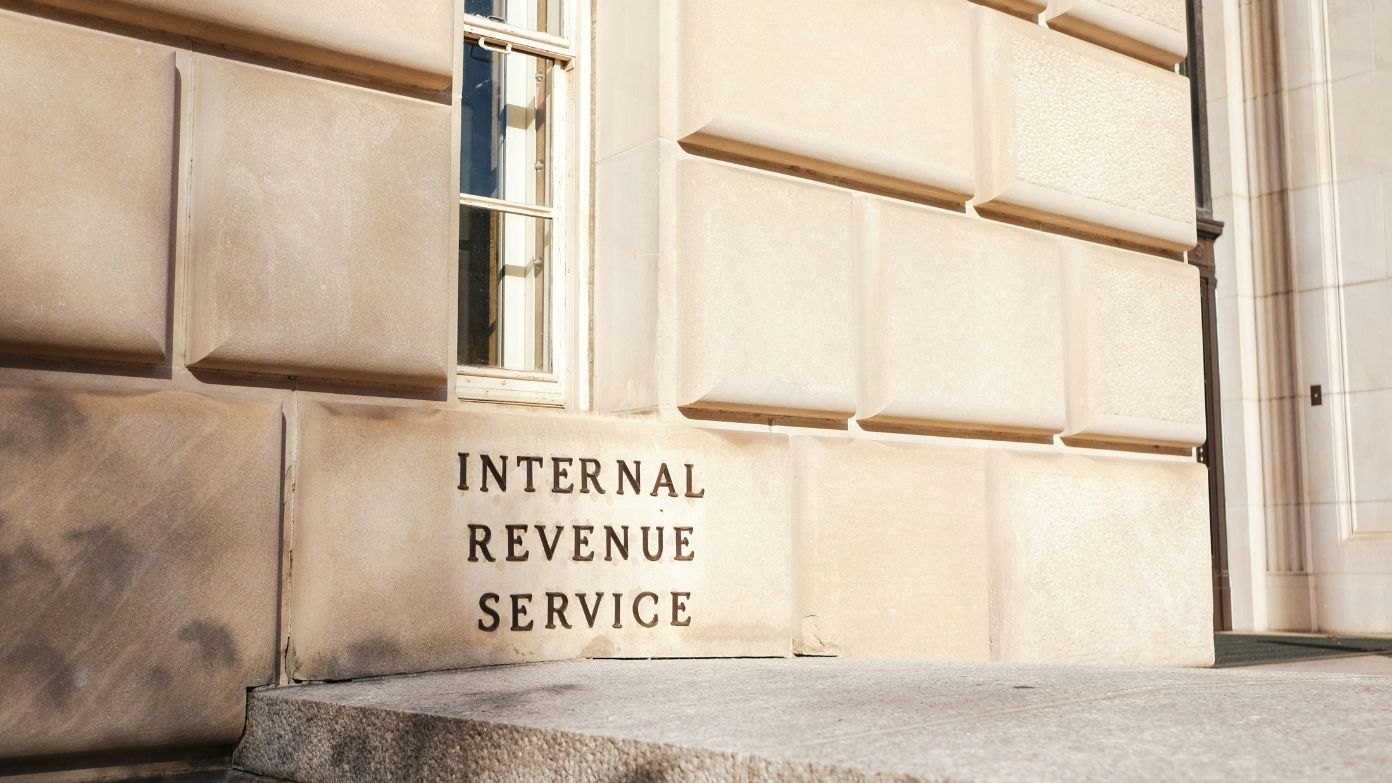If you have unpaid tax debt, this is something you should take seriously. The IRS is not just going to let that money go. In fact, if you ignore their warnings, they can legally take money straight from your paycheck. It is called wage garnishment, and yes—it can happen to you. But the IRS usually gives you a few signs before they start. Knowing what to look for can help you avoid it or at least prepare for what is coming.
How does the IRS notify you before wage garnishment?
The IRS usually starts by sending out a series of notices to your last known address. If you have moved recently and have not updated your mailing info, you could miss them—which is a big deal.
Here is what those notices might include:
- A CP14 notice – This is the first bill you will get. It tells you how much you owe and gives you time to pay or respond.
- Reminder letters – If you ignore the first notice, more will follow, each one sounding more urgent.
- Each letter adds interest and penalties, so the longer you wait, the worse the debt becomes.
If you have gotten two or more of these and still have not taken action, the IRS could be moving toward garnishment.
What is a Final Notice of Intent to Levy?
This is the most serious letter yet. If you get a Final Notice of Intent to Levy and Notice of Your Right to a Hearing, that means the IRS is ready to act.
- This letter is usually sent by certified mail.
- You have 30 days from the date on the notice to respond.
- During this time, you can request a hearing or set up a payment agreement.
After 30 days, the IRS can legally start garnishing your wages, freezing your bank account, or even seizing your property. Even if you never physically receive the letter, the IRS still considers it delivered. That is why staying ahead of this is so important.
How do you know if your employer has been contacted?
Once the IRS decides to garnish your wages, they will send a document called Form 668-W to your employer. This tells them to start withholding a part of your paycheck to cover your unpaid taxes.
Here is what happens next:
- Your employer is legally required to follow the IRS’s instructions.
- Garnishment can begin almost immediately once they receive the form.
- You might not even know until you see a smaller paycheck.
If your employer mentions getting a letter from the IRS or you notice a sudden drop in your take-home pay, it is a red flag. You need to act fast at this point.
Can you stop the IRS from garnishing your wages?
Yes, but only if you act before or during the early stages of the process. Here are some ways to protect your paycheck:
- Request a Collection Due Process hearing – If you received the Final Notice of Intent to Levy, you have the right to appeal. This gives you time to discuss other options with an IRS officer.
- Set up a payment plan – The IRS will often pause garnishment if you start making consistent monthly payments, even if you cannot pay the full amount at once.
- Apply for hardship status – If you truly cannot afford to pay anything right now, you may qualify for Currently Not Collectible status. This will stop collection activities temporarily.
- Work with a tax relief specialist – These professionals know the IRS system well. They can help you negotiate an Offer in Compromise or other solutions you may not know about.
How serious is IRS wage garnishment?
Unlike other creditors, the IRS does not need a court order to garnish your wages. They have more power than almost any other agency when it comes to collecting debt. And once the garnishment starts, it is not easy to stop.
That is why ignoring IRS letters is never a good idea. If you act early, you may have more options than you think. But once your wages start getting docked, you will wish you had taken action sooner
Related article:
These are the U.S. taxpayers who will have their tax refunds cancelled by the IRS without remedy

